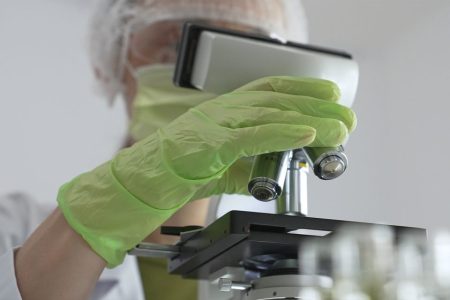A collaborative study involving University of Macau (UM) researchers has made a “groundbreaking discovery” into how a plant used in traditional Chinese medicine (TCM) could help develop sustainable botanical pesticides, according to a statement from UM.
The plant at the heart of the study was ginseng, also known as sanqi and panax notoginseng. Researchers chanced upon a previously undocumented two-component chemical defence system in ginseng leaves that produces ginsenosides, the pharmacologically active components of ginseng.
Those ginsenosides exhibited highly potent anti-fungal properties across a broad spectrum of fungal activities – and could potentially be utilised in commercial TCM crops, UM said.
[See more: Macao looks to the future with Traditional Chinese Medicine]
“These findings shed light on the development of botanical pesticides and are hoped to reduce reliance on chemical pesticides in the cultivation of Panax species,” its statement read.
The university said the discovery would contribute “to the advancement of research in traditional Chinese medicine and the sustainable development of the industry.”
The research team was led by professor Wan Jianbo of UM’s Institute of Chinese Medical Sciences and the State Key Laboratory of Quality Research, in collaboration with teams from the Beijing University of Chinese Medicine and Kunming’s Southwest Forestry University.






